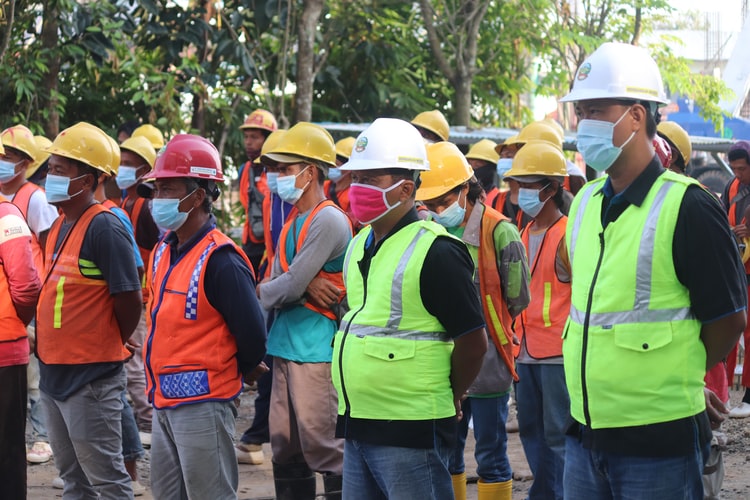
Workers compensation, also known as Workman’s comp, is a government-mandated program that requires employees to obtain insurance coverage in work-related injuries or accidents. This insurance program protects the employer from legal action while also guaranteeing that injured workers receive essential medical care at no cost and are compensated for missed income while undergoing rehabilitation. Employees are entitled to benefits regardless of the situation, as long as it is work-related. Workers comp is also applicable to an employee’s beneficiary if the worker dies due to a work-related accident or injuries. Employees are eligible to hire a competent workers comp defense lawyer anytime during the legal proceedings.
Why do you need a workers’ compensation defense attorney in Texas?
Texas is the only state where workers’ compensation is still not mandated. Each state has its unique Workers’ Compensation laws and systems. Pearson Koutcher Law’s Philadelphia Workers’ Compensation attorneys are committed to obtaining the maximum compensation and benefits available to injured employees under Pennsylvania and Delaware law.
Following are the detailed pointers to keep in mind while applying for workers’ comp:
1. Eligibility to file a case:
There are five basic or fundamental requirements to be fulfilled:
- The accident/ injury must be work-related
- The injured worker must classify as an employee of the given company.
- The employee must mandate the workers’ comp insurance.
- The employee should attend all the medical visits and treatments.
- The employee should meet all the reporting deadlines.
2. Why is a workers comp defense lawyer necessary?
It is mandatorily suggested to have a legal representative if your work injuries are severe and circumstances get heated with your working company. A workers comp lawyer will prepare your argument; he or she will also prepare your testimony for the court sessions. They’ll also question the insurance company’s witnesses and speak in your best interests.
3. Home workers’ compensation:
The global pandemic has constrained many employees to work from home and has most certainly increased the scrutiny of workers’ compensation. The insurance companies can go out of their way to scrutinize your situation. Furthermore, if the insurance company’s lawyer evaluates your case for settlement and recommends a settlement figure, the sum may be reduced if they have caught you on surveillance doing anything. One needs to be extra careful while being at home and claiming workers’ comp.
4. Common accidents in the workplace that could invoke a workers’ compensation:
If you were to be injured in New Jersey during some on-site duty of your company, would you still be able to claim your workers’ comp is the most pondered question amongst the employees? In most circumstances, it is believed or conjectured that the type of accident matters in which one got injured, which is not the case majority of the time. You are entitled to all the benefits if you were injured at work and are eligible, regardless of the methods and sites of your injury.
- Lifting accidents.
- Coworker’s Negligence-Related Accidents.
- Machinery accidents.
- Power tools injuries.
- Falls
- Automobile accidents.
- Accidents caused by an absence/lack of proper safety equipment or training.
These are the most common and highly probable types of accidents to have taken place on sites of the workplace. New Jersey and several other states that form the Union also have the benefit of free attorney consultancy.
Conclusion:
Workers’ compensation in the United States has a long history and dates back to the early 1900s and is modeled after schemes developed in Germany and England. Workers had to sue their employer and show negligence to collect medical bills and lost pay at the time. As a result, protracted, expensive legal battles benefited companies over employees. Times have been changing, and many new agendas are added to the workers’ compensation insurance. You need not exploit your rights and serve a company misusing their employee’s rights.



